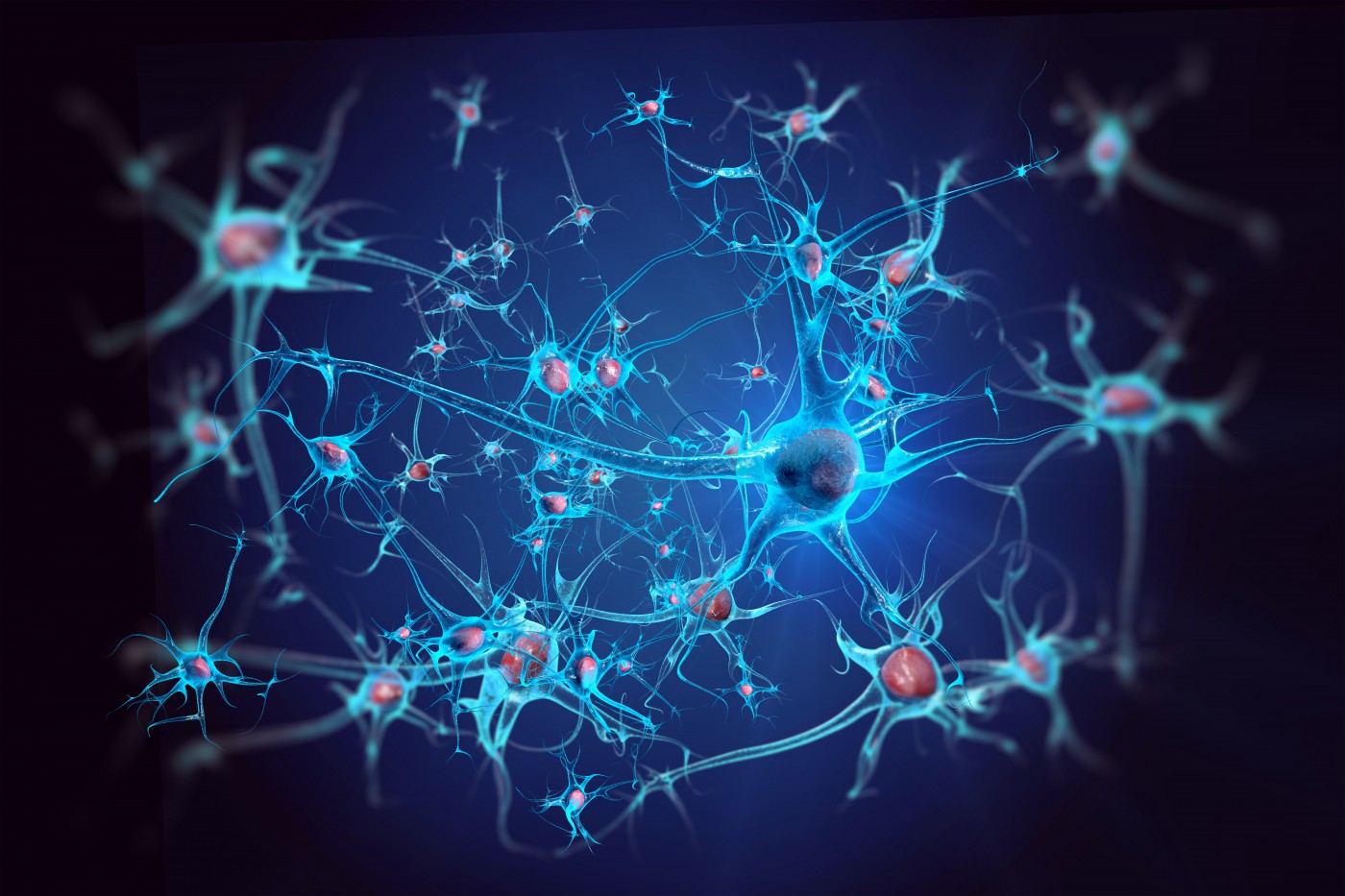In Mouse Model of Alzheimer’s Disease, Specific Nanoparticles Successfully Suppressed Neuronal Death

Scientists from the Center for Nanoparticle Research at South Korea’s Institute for Basic Science (IBS), in collaboration with researchers at Seoul National University, have developed mitochondria-targeting ceria nanoparticles, a potential therapeutic candidate for mitochondrial oxidative stress and seen as one of the possible pathogenic pathways involved in the onset of Alzheimer’s disease.
The research paper, “Mitochondria-Targeting Ceria Nanoparticles as Antioxidants for Alzheimer’s Disease,” was published in ACS Nano.
Mitochondria are the energy-producing structures of the cell, converting nutrients into the molecule ATP, which is then used as energy, in a series of molecular reactions called the mitochondrial respiratory chain. This metabolic process requires oxygen and leads to the formation of reactive oxygen species (ROS) as a natural byproduct of the normal metabolism of oxygen.
But mitochondrial dysfunction can lead to the abnormal production of ROS, which can lead to the death of neuronal cells. Importantly, amyloid beta (Aβ) plaque accumulation, one of the hallmarks of Alzheimer’s disease, has been shown to induce mitochondrial dysfunction, contributing to the overproduction of ROS and therefore a possible cause of Alzheimer’s.
Researchers synthesized a mitochondria-specific antioxidant ceria nanoparticle, which is known to eliminate abnormal ROS, and investigated its effect in suppressing AD pathogenesis in an in vivo Alzheimer’s mouse model. The particles were successfully delivered to the mitochondria through the use of mitochondria-targeting materials. The mice were injected and cells were studied two months later. Researchers observed that the particles that had successfully reached mitochondria were able to suppress neuronal death, restoring neuronal viability in the affected mice. Since Aβ plaque content was similar in the brains of affected and non-treated mice, researchers concluded that this positive effect in neuronal death was achieved in a manner independent of Aβ accumulation.
“This study is quite remarkable in that the collaborative research between nano science and biomedical science has led to the development of a potent therapeutic agent against reactive oxygen species in the mitochondria, which is deemed to be one of major culprits in a number of diseases,” lead author and IBS Center Director Taeghwan Hyeon said in a press release.






